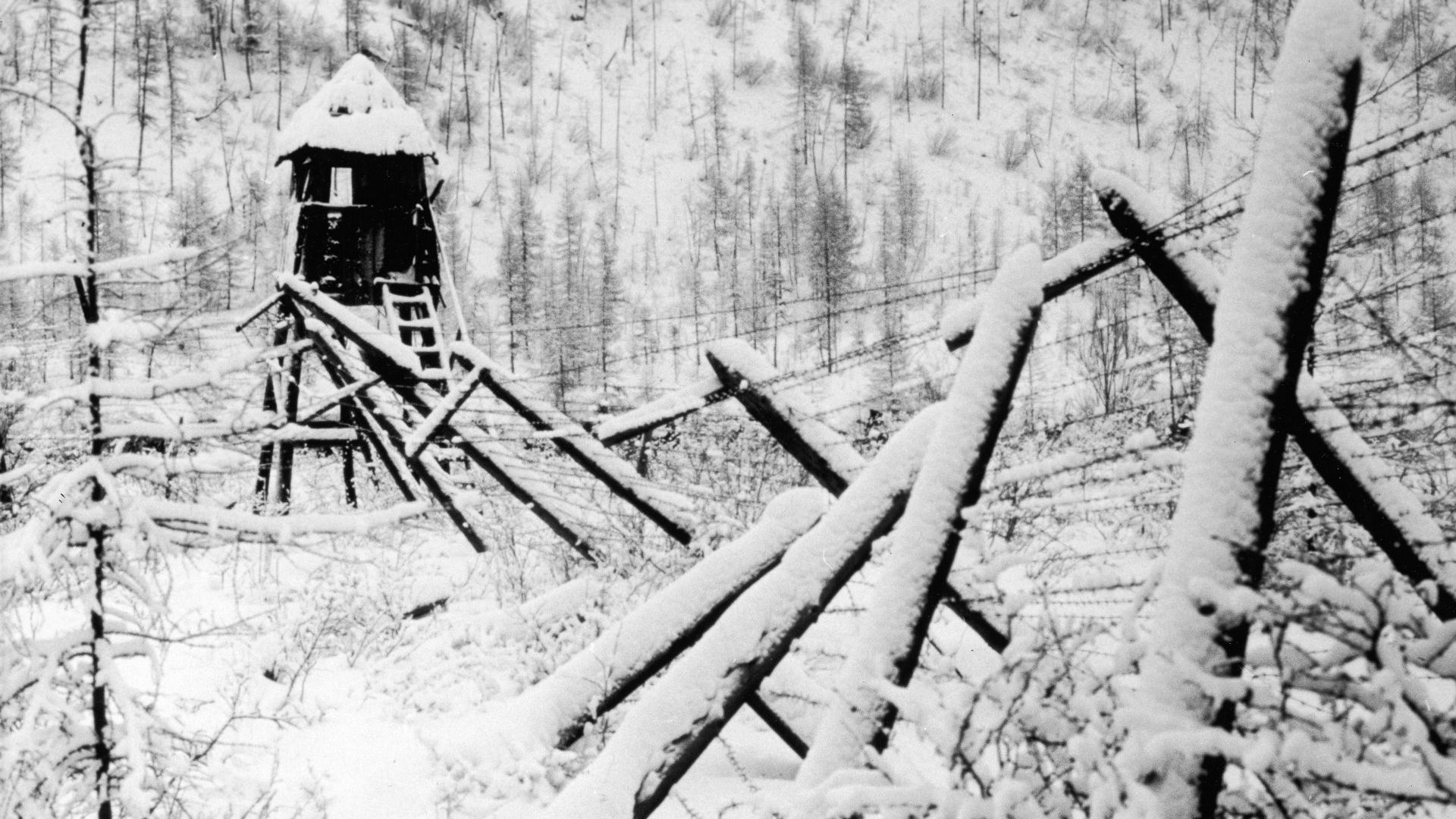The small reading room of the Turgenev Library in Paris is silent. Six or seven people are scribbling away, occasionally pausing with concentrated expressions, struggling to find the right words. As I know from experience, it is not easy when your correspondent is behind bars.
Tonight’s letter-writing evening for political prisoners in Russia and Belarus is an initiative of Memorial-France, a non-profit association dedicated to preserving the memory of the past repressions in member states of the former USSR and raising awareness about ongoing rights violations. Memorial-France has been organising these monthly events since the spring of 2023, following a rise in politically motivated sentences after Russia invaded Ukraine in February 2022.
I plan to write to Polina Yevtushenko, a 26-year-old mother from my home town, Tolyatti, who is facing 22 years in prison on charges including “public calls to terrorism” and “dissemination of knowingly false information” about the Russian army. Yevtushenko has been in custody since July 2023, when she was arrested while taking her daughter to kindergarten. Before her arrest, she had posted anti-war messages on her Instagram account and discussed the war with a friend she met online. It was this “friend” who denounced her to the authorities, providing them with secretly recorded conversations.
Yana, a Memorial volunteer, greets each newcomer and explains the basic rules to maximise the chances of your letter passing the prison censors. You must not talk about the war. Do not call Putin a murderer or a thief. Don’t use any foreign words.
“You can start with very simple things,” she says. “We can hardly imagine how complete the information vacuum is for them, so even a mental image of anything beyond their bleak reality is very valuable.”
The library tables are covered with colourful pencils, bright postcards and fun stickers – anything to help turn the letters into a small antidote to the drabness of prison life. I notice a pile of writing paper covered with black-and-white drawings of magic castles, gardens and animals.
“Visiting people in penitentiary centres always involves a lot of waiting,” explains another Yana, a Russian mathematician and political activist who prepared the pictures. The idea came from a friend of hers, a lawyer for a political prisoner. “They also take away your phone, so my friend came up with the idea of colouring while she waited. I made her a colouring book.” Several months ago, Yana’s friend married her defendant in his prison colony.
A newcomer asks for the name of the teenage boy arrested for criticising the war. “Which one?” someone responds bitterly, handing him a list of all underage political prisoners to date. “All of these?” says the newcomer, shocked.
Most of tonight’s attendees are Russian, but the French participate as well. Memorial staff translate their messages “because there can never be too many letters”.
Sabine Laurent has attended these events for about a year. For her, it’s a way to acknowledge those who have sacrificed themselves to denounce Russian aggression in Ukraine, a conflict that she believes is of crucial importance for Europe.
Laurent says she doesn’t resent Russians for not being more vocal in criticising their government. “I’m in no position to judge,” she says. “When the second world war came to France, at first not too many resisted. Fear paralyses. And in Russia I sense a people who are simply afraid.”
So far, Laurent has received only one response – from Russian theatre director Evgenia Berkovich, sentenced alongside playwright Svetlana Petriychuk to six years in prison. Both were accused of “justifying terrorism” in their play about women marrying jihadists in Syria. Released in 2020, the play was probably used as a pretext to prosecute Berkovich for her widely shared anti-war poetry.
The low response rate doesn’t discourage Laurent. “It’s like a letter thrown in a bottle into the sea,” she says. “You don’t know if it will be received. But even if the prisoners don’t reply, it doesn’t matter. All I can hope is that they read it, and that it sends a glimmer of hope into their prison cell.”
Svetlana Lazareva is a multilingual journalist based in Paris




